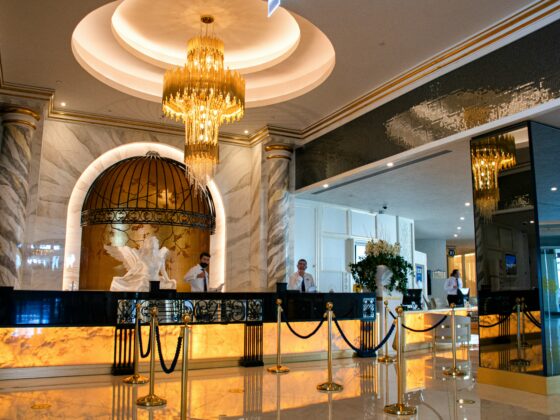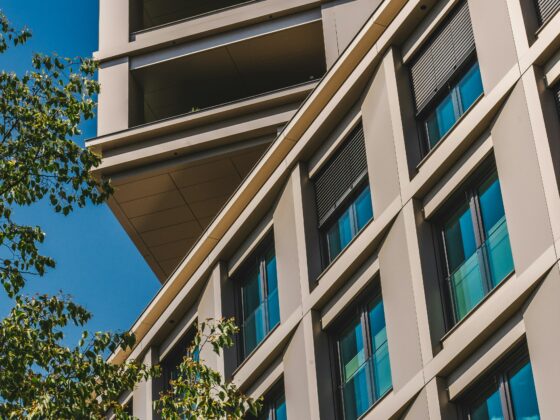
London has been ranked the most attractive European city for hotel investment for a third year, while Edinburgh has retained its position as the top regional UK destination, according to Deloitte’s 2025 European hotel industry and investment survey.
The findings show sustained confidence among industry leaders, with most respondents reporting a positive long-term outlook for the UK and European hotel market and expecting investment levels to grow over the next five years.
Story Stream:
More on London
-
Firmdale appoints new GM at Number Sixteen Hotel
-
Park Hyatt River Thames director wins European diversity award
-
Dominus Hospitality appoints GM for The Derby London City
-
Sofitel London St James completes refurb of six signature suites
-
Work starts on Premier Inn conversion at Phoenix House in Vauxhall
Profitability remains a concern, with fewer than half of executives believing hotels will become more profitable over the same period. Labour and workforce issues and geopolitical tension are viewed as the dominant risks to growth, but managing or increasing profitability has become the top business priority for the year ahead.
London was rated the most attractive investment location across Europe, followed by Madrid. Athens rose seven places to take third position, while Rome and Milan dropped in the rankings. In the UK regions, Edinburgh led for a fifth year, ahead of Cambridge, Oxford and Manchester.
Leila Jiwnani, head of hospitality advisory at Deloitte UK, said: “London has secured its position as the most desirable hotel investment destination for a third year running, carving out its reputation as a dynamic capital city for business and leisure travel. Edinburgh also continues to demonstrate its popularity as a tourism hotspot, while destinations across Europe see varying levels of interest.”
Three quarters of respondents expect competition for hotel acquisitions to increase in 2026. With profitability under pressure, executives cited improving returns on investment as the main driver behind diversification strategies, followed by rising consumer demand for unique and personalised experiences.
A quarter of leaders reported developing new hotel concepts or adding brands at different price points as part of diversification efforts. Hotels remain the most attractive hospitality asset class for 2026, with luxury segments drawing the strongest interest. Upper upscale and economy assets are viewed as the next most desirable categories, while mid-market segments have lost some appeal.
Abhishek Jaiswal, real estate M&A partner at Deloitte, added: “The expectation of more competition for hotel assets going forward is a positive sign for the industry, with a focus on niche and value segments given the middle of the market is stretched. While hoteliers look at profitability as a priority, strategic growth will regain importance.”







